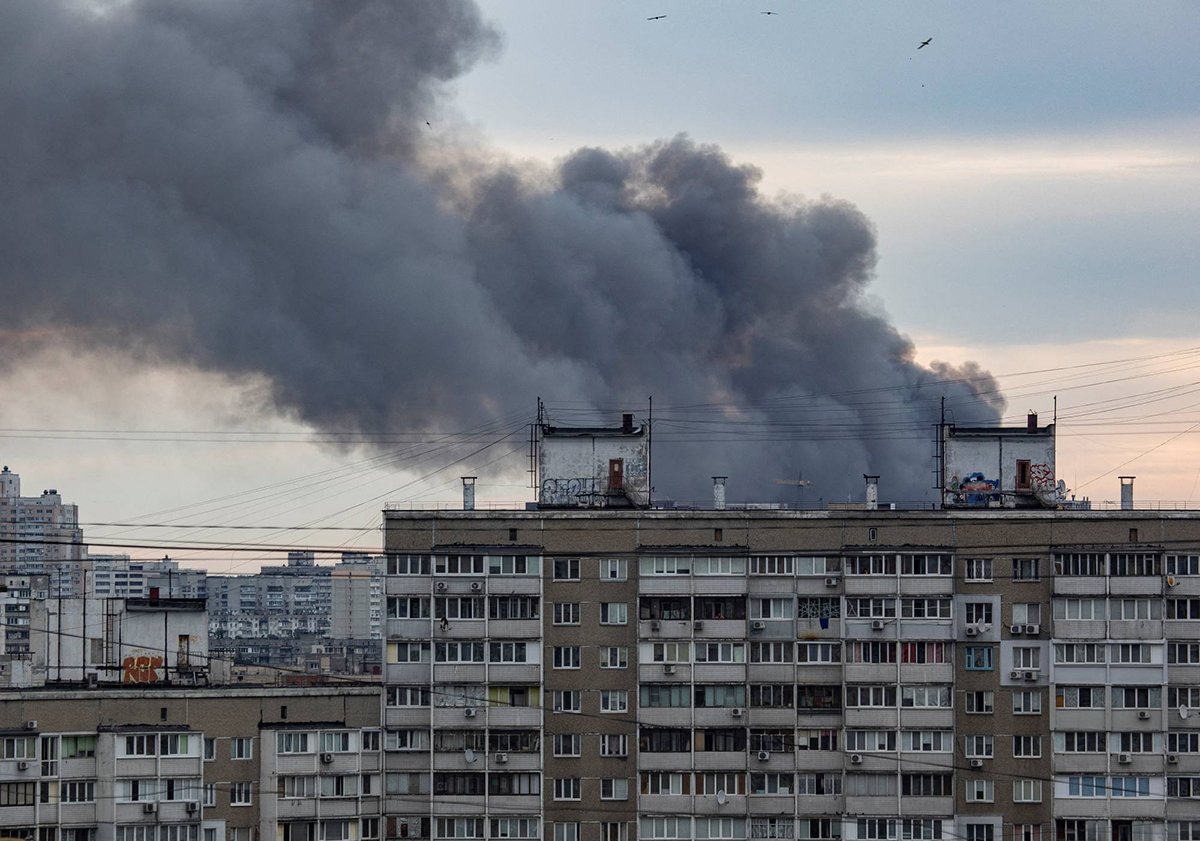As a child in Iran, Shideh heard her parents warn her older siblings against taking part in anti-government demonstrations because of the bloody crackdown that would follow. But today, with protests raging across Iran, things have changed.
Both Shideh – now a teenager – and her mother say they have joined seven weeks of demonstrations ignited by the death of a 22-year-old woman, Mahsa Amini, in the custody of Iran’s morality police.
The protests triggered by Amini’s death on September 16 have shown the defiance of many young Iranians in challenging the clerical leadership, overcoming fear that has stifled dissent in the wake of the 1979 Islamic Revolution.
“I have one life and I want to live it freely,” said Shideh, 17, who asked that her family name not be used. “We are not scared of being killed. We will eventually change the regime.”
Her sentiment was echoed by a dozen young Iranians from across the country interviewed by Reuters by phone. The students, who asked not to be named, said the protests reflect what many young Iranians see as a darkening future for a country ruled by hardliners seeking to tighten rigid social controls.
Iranian officials, who have blamed Amini’s death on preexisting medical problems, say the unrest has been fomented by foreign enemies including the United States, and accuse armed separatists of perpetrating violence.
Iran’s interior ministry and chief of police’s office did not immediately respond to a request for comment for this story.
The authorities have used tried-and-tested means of quelling dissent – from tear gas and bullets to intimidation and arrests – many young demonstrators have remained unbowed.
“Shoot us! We are not afraid anymore,” shouted a small group of young women kneeling without their headscarves in front of riot policemen in Tehran last week, in one video shared on social media.
More than two-thirds of Iran’s 85 million people are under the age of 30. Even if the latest protests subside, the fearlessness of young Iranians could spell more trouble ahead for the establishment, according to rights activists, analysts and one former moderate official, who spoke to Reuters on condition of anonymity.
The power wielded by Iran’s security apparatus still looms large: Shideh and her mother declined to be identified for safety reasons, and also requested their location in Iran not be disclosed.
But for Shideh’s mother, the death of Amini – who was arrested for “inappropriate attire” – marked a turning point.
It “changed everything”, she said.
Too frightened to oppose Iran’s ruling clerics for years, she has joined thousands of women at the forefront of protests that have turned into a revolt against what demonstrators describe as increasing authoritarianism.
“I cried for days for Mahsa. My Shideh could be arrested by the morality police and killed like Mahsa. That thought hit me hard,” said her mother, speaking from her home in central Iran.
“As a mother, I feel I should stay on the streets and reclaim Iran for my daughter, for all Iranian girls.”

























